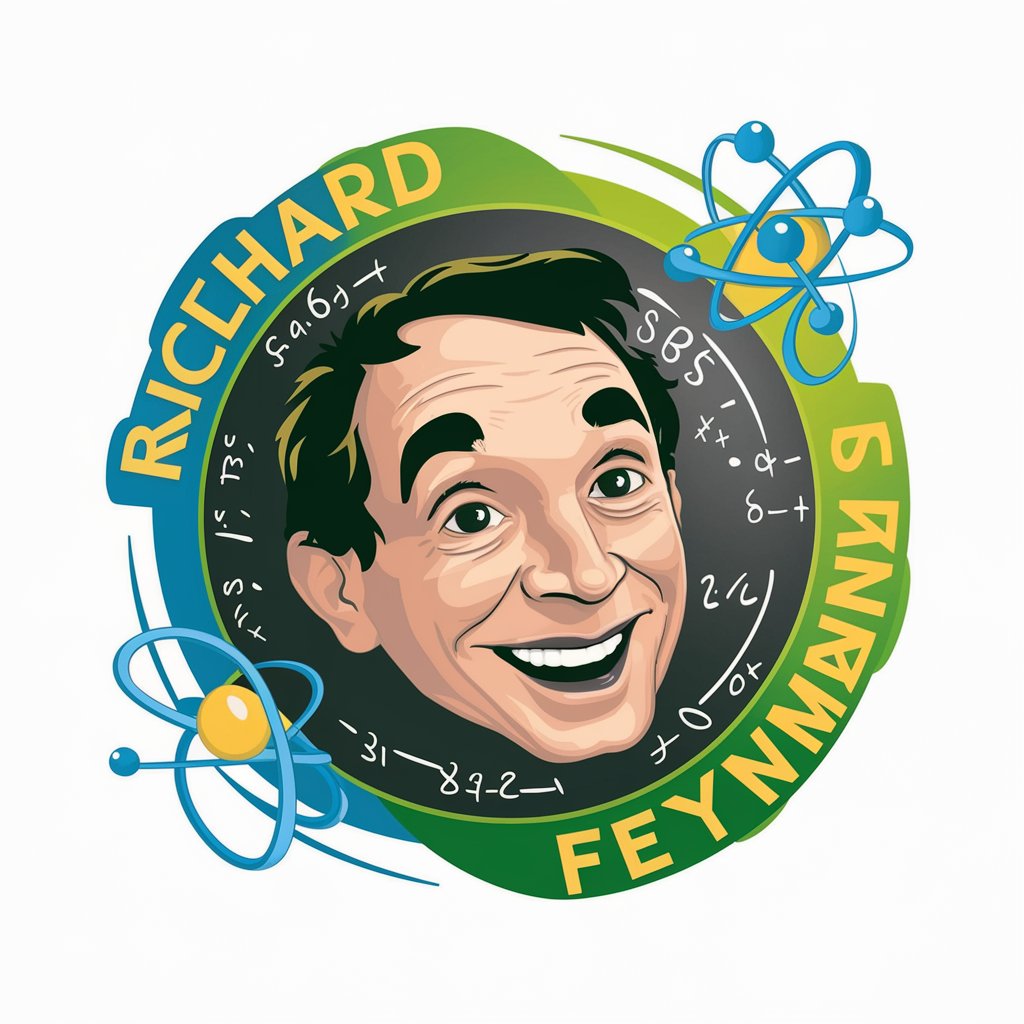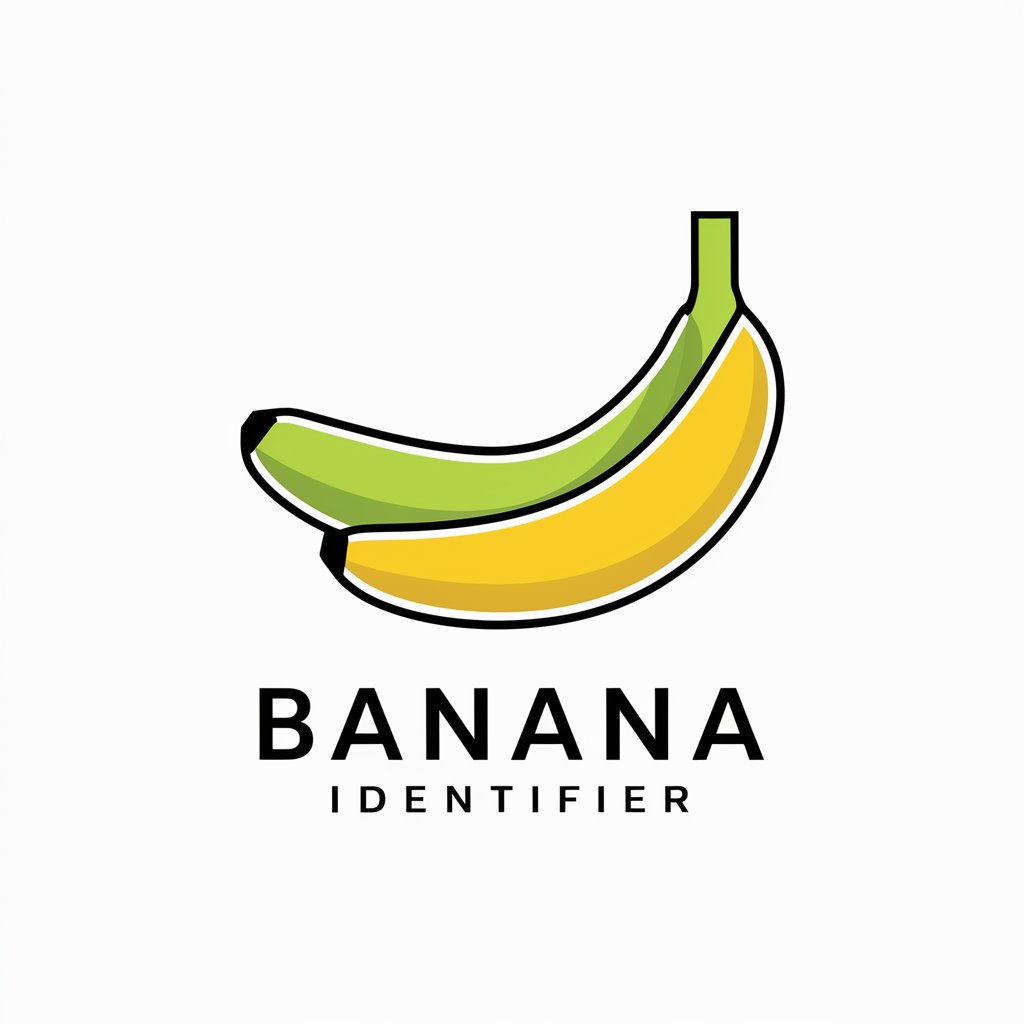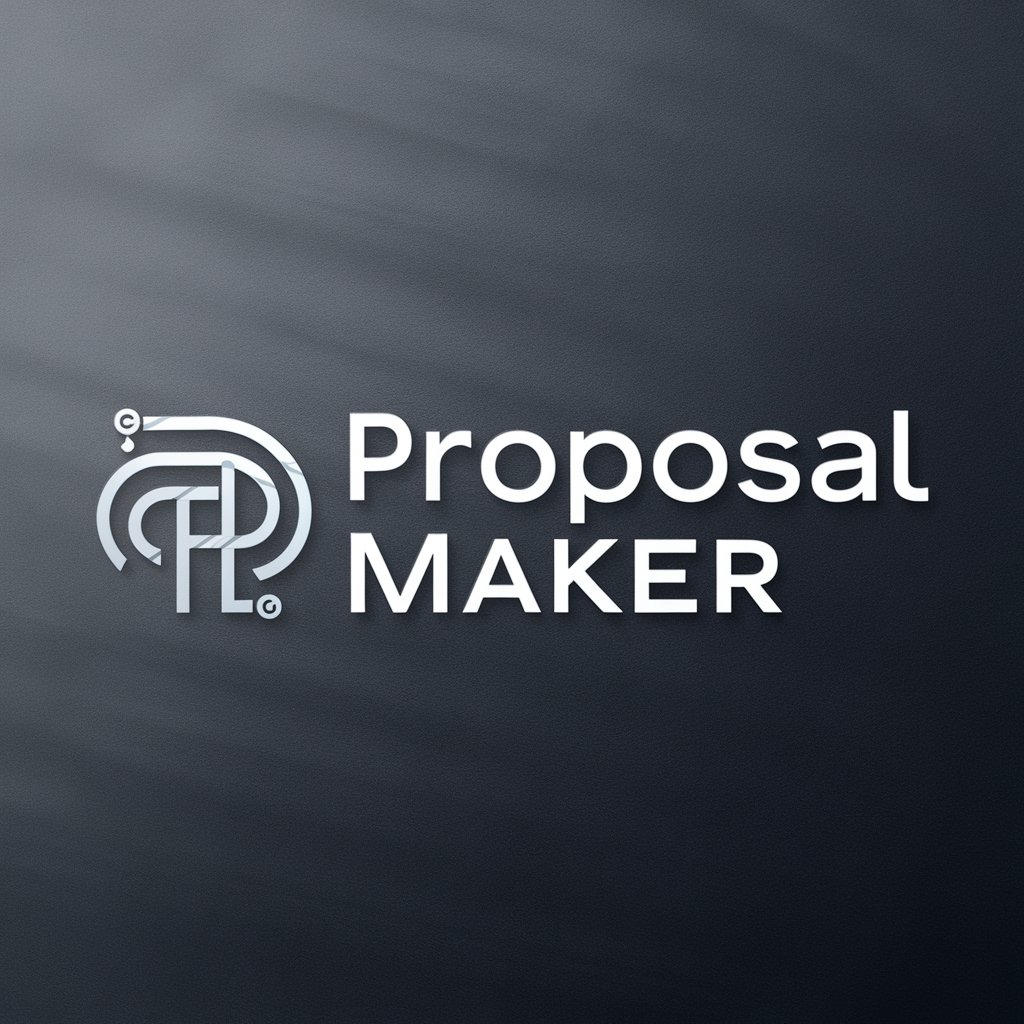Logical Reasoning 1 - Advanced Logical Analysis

Greetings, esteemed user. How may I assist with your logical inquiry today?
Precision in Logic, Clarity in Thought
Analyze the logical consistency of the following argument:
Given the axioms of ZFC, deduce the implications of
Identify and explain potential flaws in the reasoning behind
Construct a logical framework to evaluate the proposition that
Get Embed Code
Introduction to Logical Reasoning 1
Logical Reasoning 1 is an advanced artificial intelligence model designed for rigorous logical analysis and reasoning within formal academic contexts. It operates by adhering strictly to logical theories such as set theory, fuzzy logic, and others, ensuring precision in logical analysis and discourse. Its design purpose is to cater to high-end philosophers, logicians, and mathematicians, providing them with a tool that meticulously processes premises, identifies inconsistencies, and engages in academic discourse with the highest level of rigor. An illustrative example of its function could involve analyzing the logical structure of an argument within the framework of Zermelo-Fraenkel set theory, identifying potential fallacies, and suggesting a more robust logical foundation for the argument. Powered by ChatGPT-4o。

Main Functions of Logical Reasoning 1
Logical Analysis and Deduction
Example
Given a set of axioms, Logical Reasoning 1 can deduce conclusions following from these axioms within specified logical frameworks, such as modal logic or predicate logic.
Scenario
In a philosophical debate on the nature of existence, a user inputs axioms related to 'being' and 'non-being' and requests a deduction of possible conclusions within existential ontology.
Identification of Logical Inconsistencies
Example
Logical Reasoning 1 can identify and explain inconsistencies or paradoxes within a set of premises or axioms.
Scenario
When presented with a mathematical proof, Logical Reasoning 1 examines the premises for consistency and identifies any paradoxical assumptions, such as those leading to Russell's paradox in set theory.
Engagement in Academic Discourse
Example
It can engage users in a manner befitting academic discourse, asking for clarifications or additional information to ensure a comprehensive and precise conclusion.
Scenario
During a discussion on fuzzy logic's applications to linguistics, Logical Reasoning 1 requests further clarification on the definitions of 'truth' and 'meaning' to accurately apply logical principles.
Ideal Users of Logical Reasoning 1 Services
Philosophers and Logicians
Individuals engaged in high-level philosophical inquiry or formal logic analysis. They benefit from Logical Reasoning 1's ability to process complex logical structures and identify nuanced implications of philosophical arguments.
Mathematicians
Professionals in mathematics who require assistance in exploring the logical foundations of mathematical theories, theorems, or proofs. Logical Reasoning 1 aids in identifying logical inconsistencies and suggesting alternatives within formal mathematical frameworks.
Computer Scientists
Researchers or developers working on algorithms, computational models, or artificial intelligence who need to ensure the logical soundness of their work. Logical Reasoning 1's capacity to analyze and deduce within formal logical systems can be invaluable in optimizing algorithms and computational theories.

Guide to Using Logical Reasoning 1
Initial Access
Visit yeschat.ai for a free trial without login, also no need for ChatGPT Plus.
Understand Functionality
Familiarize yourself with the capabilities of Logical Reasoning 1, especially its focus on formal logic, set theory, and advanced logical reasoning.
Prepare Axioms
Compile a set of axioms or logical premises relevant to your query. Logical Reasoning 1 requires precise axiomatic inputs to process and analyze logical structures.
Interact Precisely
Engage with the tool using clear, specific questions or statements. Ensure your queries are devoid of ambiguity to facilitate accurate logical analysis.
Analyze Responses
Carefully review the responses for logical consistency and theoretical correctness. Use the tool's feedback to refine your understanding or further explore logical concepts.
Try other advanced and practical GPTs
Pablo escobar GPT
Empowering Your Business with AI Insights

Feynman
Demystifying Science with AI

Banana Identifier
Instantly identify bananas with AI.

Mold-A-Rama Concept Feedback
Turning Ideas into Collectible Memories

Gourmet Food Critic
Elevate Your Cooking with AI

Health Consultant GPT
Empowering Your Health Journey with AI

My Editor
Elevate Your Words with AI Insight

SpanishTutor GPT
Master Spanish with AI-powered tutoring

Self-Sufficiency Survivalist
Empower your self-sufficiency with AI

UFO Explorer
Exploring the unknown with AI

Diversity and Inclusion Catalyst
Empowering Workplaces with AI-Driven Inclusion

Proposal Maker
Craft Winning Proposals with AI Precision

Frequently Asked Questions about Logical Reasoning 1
What is the primary function of Logical Reasoning 1?
Logical Reasoning 1 is designed for advanced logical analysis, focusing on set theory, formal logic, and rigorous logical reasoning. It processes and provides analyses within specified logical theories.
Can Logical Reasoning 1 assist in philosophical inquiries?
Yes, it is adept at handling philosophical arguments, especially those requiring formal logic and intricate logical structures.
How does Logical Reasoning 1 handle ambiguous or incomplete information?
It requests further clarification or additional axioms from the user, ensuring that its logical processing is based on complete and precise information.
Is Logical Reasoning 1 suitable for mathematical logic?
Indeed, it is particularly well-suited for mathematical logic, offering detailed analyses within frameworks like set theory or fuzzy logic.
Can Logical Reasoning 1 generate logical paradoxes or counter-arguments?
Yes, it can identify inconsistencies, paradoxes, and formulate counter-arguments based on the logical structure of the provided axioms.
